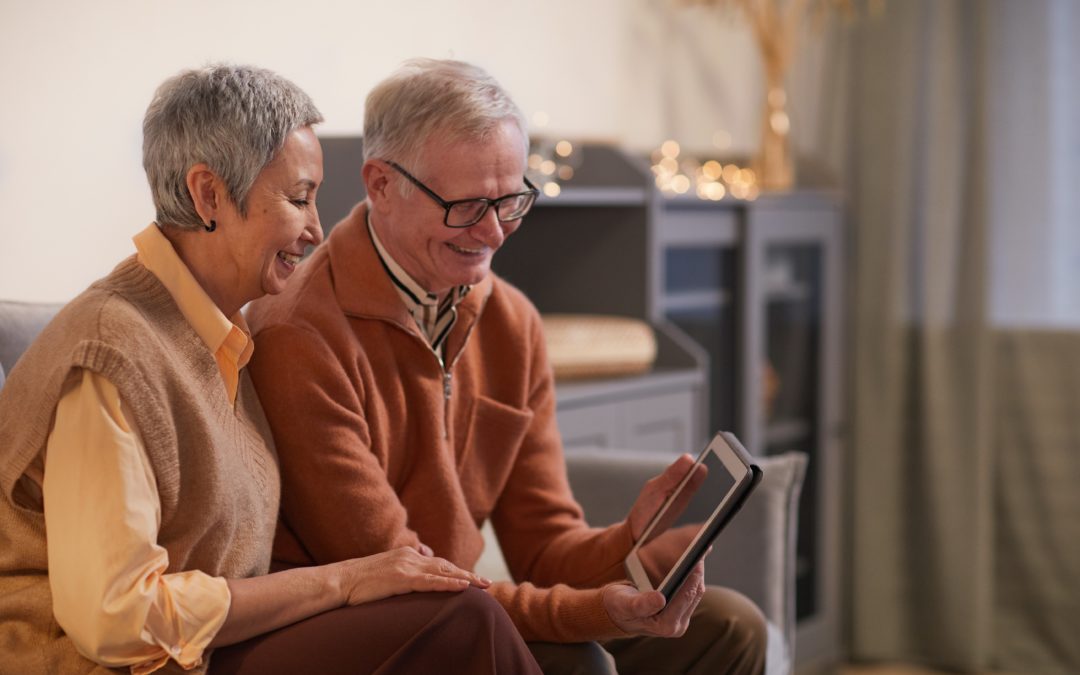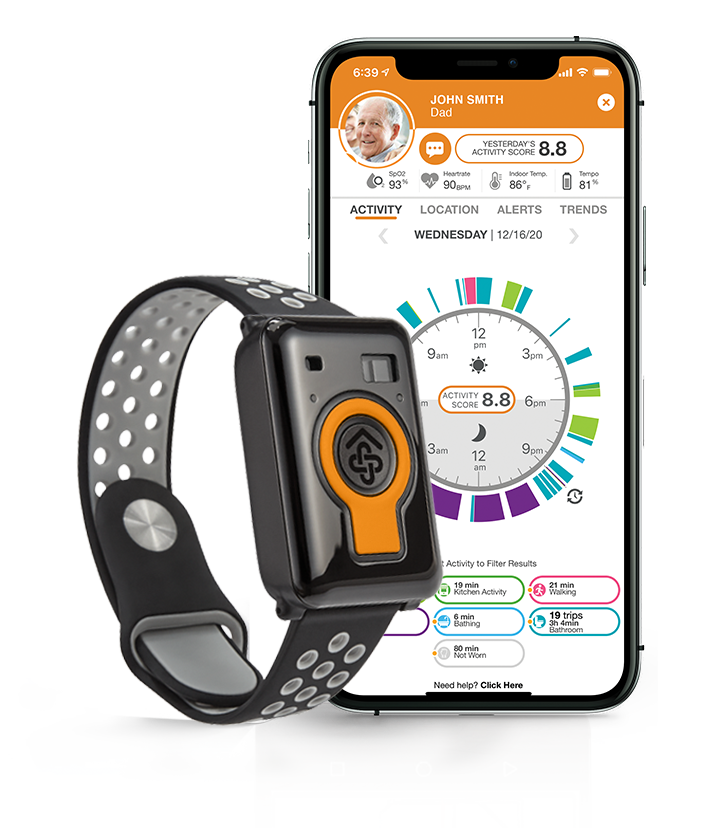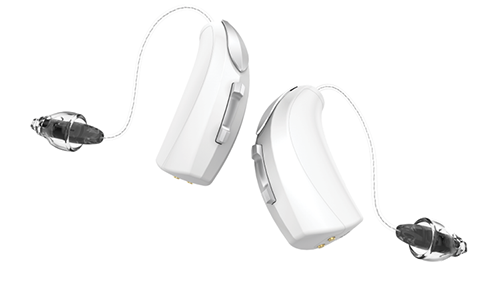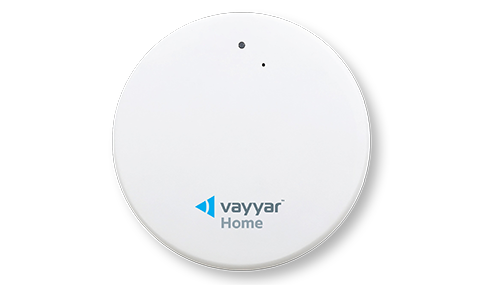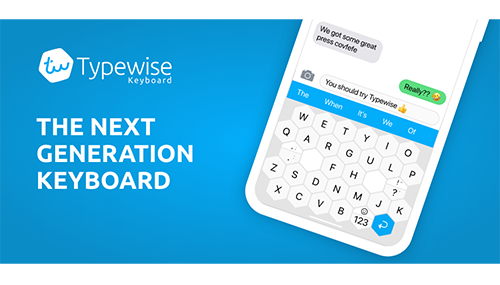How to Foster a Sense of Control Among Seniors
It has been 21 months since the U.S. went into Pandemic lockdown. Can you recall those first few weeks and months, when nothing seemed to be in your control? Your choices of what to do and where to go were suddenly limited. Some were forced to make choices about living environments or job situations they never would have made.
Yes, we’re about to point out the silver lining.
Through that experience, the majority of people have a more authentic understanding of how it feels to lose the ability to exert their own will. We spend much of our lives shaping an independent, well controlled life, so a reversal of this can feel utterly stifling. In addition to contributing to anxiety and other bad feelings, losing a sense of control is actually proven to contribute to the loss of independence among seniors.
Pandemic or none, it is natural for adults to eventually lose choices over small and large parts of their lives. But a sense of control can be fostered, regardless of one’s physical or cognitive abilities.
To foster a sense of control, care teams should take a pulse on these three factors:
• Sleep
• Routines
• Choices
Get Enough Sleep
Scientists have proven that sleep is beneficial, overall, to the immune system and well-being. One study showed that sleep efficacy – or the belief that one can get a good night’s sleep – is associated with better control beliefs. Sleep patterns can change over one’s lifetime, so focus less on the number of hours of sleep achieved and check that older adults feel well rested during the day. If getting a good night’s sleep is a challenge, consider adding an extra walk around the block or trying a repetitive bedtime routine. If those things don’t work, talking to a physician is a good idea to address it.
Keep Routines
It may seem obvious, but knowing what to expect can reduce anxiety and foster a calm outlook. Routines build a sense of control because the brain does not have to make a choice, the work has already been done, and there are few surprises. Rituals as simple as making a cup of coffee after morning walk, or calling a loved one on a designated day, can foster feelings of security and independence. People tend to veer away from routine when they are dealing with anxiety or stress factors. It’s important to keep some things “sacred” to maintain a sense of control.
Respect Choices
While there may be a natural loss of control over more and more things, help older adults focus on what they can control, and allow them to exert that control. Be sure to ask. Do they still want to cook for themselves? Great. Do they want to skip the veggies or sit in the sun instead of the shade? What’s the harm? If there are no medical or safety risks, these day-to-day choices should be respected and encouraged.
While most of us are still crawling out of the chaos caused by the Covid-19 pandemic, care teams today can draw from their own experiences to remember how isolating and frustrating it can feel to lose a sense of control. Working with aging adults to foster that autonomy can be fairly easy, and may even reduce stress on caregivers themselves.
About
A sense of control is scientifically proven to impact independence among older adults. Service providers across the U.S. have adopted PFMIpro to track this and other risk factors, empowering professional caregivers to deliver appropriate support and data-driven updates to care teams and loved ones. With real time reporting capabilities, agency administrators can also track and report critical performance metrics to funding sources. Connect with the experts and request a demo at www.pfmipro.com.
February 14, 2022
Each year, thousands of tech designers, execs, buyers and industry analysts descend upon Las Vegas for the Consumer Electronics Show (CES)—something of a World’s Fair for new technology and gadgets. The show’s much-anticipated Innovation Awards often showcase newly launched products that can change the lives of seniors, offering buzzworthy new tech for seniors and exciting new ways to stay socially active, support activities of daily living (ADLs), and create safe living environments for seniors
While seniors aren’t your typical early adopters of innovation, these research- and design-driven products might be just the intervention to spark a positive change. This year, although it will be the first all-remote event in CES’s history, 2021 Innovation Award Honorees will be no exception. Aging-in-place technology trends seen in this year’s awards include at-home sensing and monitoring and artificial intelligence (AI) to improve activities of daily living (ADLs). Here are a few of the most promising new innovations that will empower seniors to live vibrantly in their own homes for longer.
Buzzworthy New Tech for Seniors in 2021
The OrCam Read digital reader
What it is: For the avid reader with mild to moderate vision loss, the OrCam Read empowers people who have reading challenges with seamless audio text playback.
How it’s different: Lower tech versions of this technology are available on Amazon at a much lower price point, but the OrCam Read can read text aloud from any printed surface (newspapers, books, product labels) or digital screen (computers, smartphones) – in real time.
Where to get it: The device retails for about $1,700 from OrCam Technologies.
CarePredict TouchPoint – the Tempo’s new companion app
What it is: This remote activity monitoring app works with the Tempo, a wearable designed specifically for seniors.
How it’s different: The app tracks subtle changes in daily activity patterns and alerts on concerns such as missed meals, restless sleep, increased fall risk, or increased sedentary behaviors, allowing for early intervention and preventive care.
Where to get it: The whole kit can be purchased at carepredict.com. The Tempo retails for $449.99 and the app subscription pricing options range from $70/month for a single user to $1,000/year for a couple living at the same location.
The Livio Edge AI Hearing Aid making communicating with masks less awful
What it is: This hearing aid is packed with useful features that won a nod from Time’s TIME magazine’s 100 Best Inventions of 2019, a such as a fall detection and alert sent to contacts that you’ve pre-selected. The award recognizes the device’s latest feature to help those with hearing loss better connect and communicate in a masked world.
How it’s different: While the hearing aid is nothing new, the new Edge AI feature lets users double tap the device to enter “Edge Mode,” enhancing speech audibility and clarity that goes out the window with face masks, social distancing and background noises.
Where to get it: The device requires a prescription through authorized hearing care professionals (find one here). The leading-edge technology comes with a high price tag in the thousands, and a variety of technology levels and customization options affect the price point.
The Vayyar Home fall detector that doesn’t require a wearable device
What it is: A wall-mounted scanner that provides 24/7 monitoring and instant emergency alerts.
How it’s different: The device works without cameras, wearables, buttons or cords. Vayyar Home can also prevent falls through advanced analytics. Powerful 4D imaging sees through most bedroom and living room furniture.
Where to get it: Vayyar Home is sold through various distributors in the U.S. Visit www.vayyarhome.com to request a demo or contact collaboration@vayyar.com or 1-800 834-1590 to learn more.
The free Typewise Keyboard app that reduces typos
What it is: This new app loads a re-deigned keyboard that reduces frustrating typos and safeguards privacy on smartphones.
How it’s different: Typewise’s honeycomb layout is designed for two-thumb typing, with 70% larger keys that are easy to hit. Mastering it can take some time, though, according to user reviews.
Where to get it: The app is available for iOS and Android through the App Store or Google Play. It’s free, but premium features like typing in multiple languages without switching and vibration feedback while typing are available for a fee.
You can check out all of the CES Innovation Award Honorees here.
About
Activities of daily living (ADLs) and environmental safety are scientifically proven to impact independence among older adults. Service providers across the U.S. have adopted PFMIpro to track these and other risk factors, empowering professional caregivers to deliver appropriate support and data-driven updates to care teams and loved ones. With real time reporting capabilities, agency administrators can also track and report critical performance metrics to funding sources. Connect with the experts and request a demo at www.pfmipro.com

